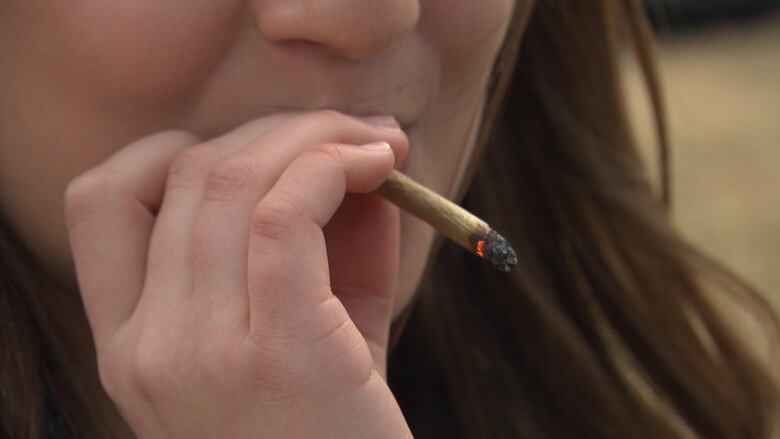No tweaks to federal labour laws ahead of next week's marijuana legislation
Canada's Labour Code covers all federally regulated workplaces

Despite calls for clearer guidelines on cannabis use and workplaces, the federal government is not updating the Canada Labour Code ahead of next week's recreationalmarijuana legalization.
Instead, Ottawa is leaving it up to individual workplaces to update their impairment policies, senior officials told reporters during a background briefing on Wednesday.
Canada's Labour Code covers all federally regulated workplaces, such as banks, telecommunications and transport industries, Crown corporations and all federal public service employees. It covers about 1.2 million employees about eight per cent of the Canadian workforce.
Official said it will fall to the individual parties involved to"to develop, implement and evaluate a hazard prevention program to monitor and prevent hazards," said officials.
One official said it didn't make sense for a bank teller to follow the same substance use guidelines as a longshoreman.
The federal government has wrestled with the issue for months, with labour groups, employers and lawyers divided on how to handle drug testing, for example.
According to a briefing note obtained under the access to information laws, Labour Minister Patty Hajdu was "evaluating whether additional regulations are required under the Canada Labour Code, including drug testing for certain safety sensitive occupations" back in June.
As recently as last month a spokesperson for Hajdu said that work was still ongoing.
Courts divided on drug testing
Derrick Hynes, president of FETCO, an association of federally regulated companies that oversees about 500,000 transportation and communications employees, said it's disappointing to see a lack of clear guidelines.
"We do think more could be done and the government could be assisting in this regard by helping us set out a framework and a set of rules that would apply to all and provide employers with the tools to manage this even more effectively," he said.
"We're talking about airlines, railways, trucking companies and the like, where clearly there is not only a workplace risk when somebody is impaired on the job but there is, frankly, a risk to the public at large."
HassanYussuff, president of the Canadian Labour Congress, has arguedexisting labour code rules around impairment should cover coming to work high on marijuana.
"Nobody has put forward evidence of any kind that we have a major crisis on our hands," he recently told The Canadian Press.
"People are going to try (marijuana). We just have to make sure that doesn't affect them when they come to work."
A number of government departments have already updated their policies.
The Department of National Defence's policy bars military members from consuming cannabis within eight hours of being on duty, and they aren't allowed to smoke or ingest it during the work day. For those handling weapons and ammunition, the consumption restriction will be extended to 24 hours before duty.
But for RCMP officers, the restriction will extend to 28 days before a shift. Federal prison guards, on the other hand, will be barred from using cannabis within 24 hours of reporting to work.
Courts and arbitration boards have been dividedon the issue of drug testing.
Five years ago, the Supreme Court of Canada ruled against Irving Pulp and Paper Ltd. in what was considered a national test case for how far an employer can go when it comes to a worker's right to privacy.
In its 6-3 decision, the court ruled that the New Brunswick-based company's mandatory and random alcohol testing policy for employees in safety-sensitive positions was unreasonable.
The Alberta energy giant Suncor Energy also took acase to the courts.
The company introduced random testing policy for safety sensitive jobs in its oil sands operations back in 2012, but the union that represents 2,800 of Suncor's employees filed a grievance, saying the policy violated workers' rights.
Initially, an arbitration panel ruled against Suncor, ruling the testing policy was an unreasonable exercise of management rights. But the Alberta Court of Queen's Bench quashed the decision. The union tried to kick the case up to the Supreme Court, but the high court said earlier this year that it wouldn't hear their appeal.
With files from The Canadian Press













_(720p).jpg)


 OFFICIAL HD MUSIC VIDEO.jpg)
.jpg)



























































































